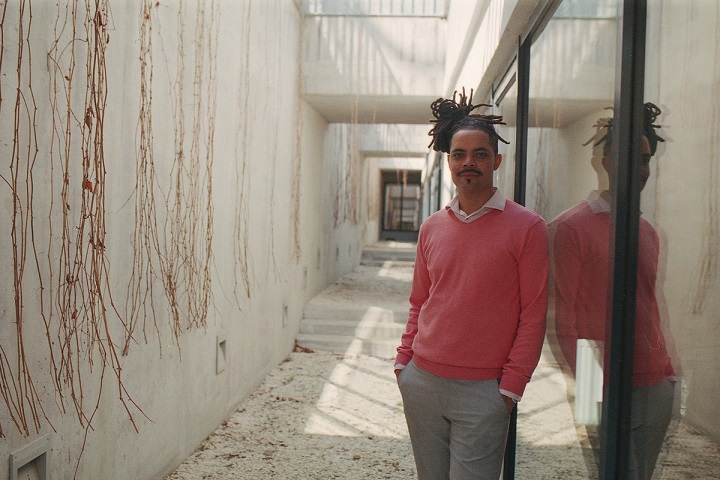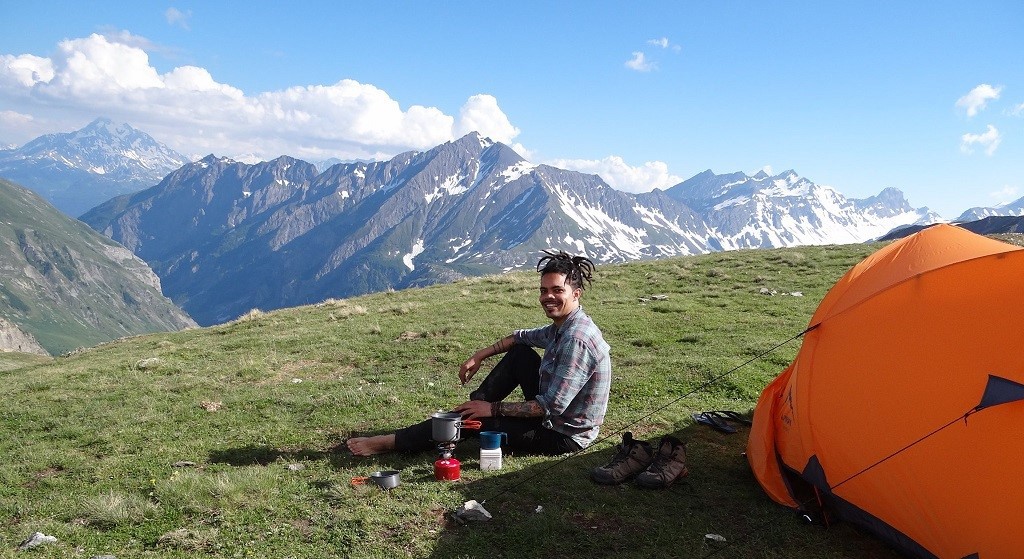Why did you choose Hungary and Budapest Business School?
I am generally attracted to the road less traveled, and Hungary came across as a totally obscure country with an interesting past, a strange culture, and lots of beauty. Plus, it was in the European Union. This made Hungary an attractive destination for me. I was pursuing another career change at the time, and I figured studying international relations at a business-oriented institution would be interesting, especially considering my interdisciplinary past.
How did you like your studies? What was your favourite memory during your studies?
I really enjoyed studying international relations as a subject, as it exposed me to a new perspective on how the world works. I always tried to make the most of my studies by getting involved in all sorts of extracurricular activities and programmes, sometimes even outside of my university. I don’t have a favourite memory per se, but I thoroughly enjoyed getting to know fellow classmates, students, and staff at the university. I also appreciate the opportunities that I received to contribute towards supporting the university’s internationalization process.
How did you like the country?
Well, I still haven’t left Hungary, which in a way says something about how I continue to enjoy the country. Most of my time was spent in Budapest, though, which I consider to be a beautiful, cosmopolitan city that really has a buzzing nightlife. That said, I enjoyed being outdoors, walking around the city, and frequenting different bars, for example. Fortunately, Hungary did not experience extremely harsh lockdowns during the covid pandemic, as did other countries, so I was able to make the most of that period too.
 Did you have any difficulties with Hungarian culture? What was that and how did you handle it?
Did you have any difficulties with Hungarian culture? What was that and how did you handle it?
Learning the Hungarian language is definitely a difficulty for me, but I am able to get away with speaking English for the most part, at least in Budapest. However, I believe it limits my ability to really understand the Hungarian mentality, even if we are speaking in English to each other. So, miscommunication and misunderstandings with Hungarians tend to happen easily and frequently as a result. To manage this, I try to be more conscious of my word choice, speak in a way that is less direct and more diplomatic, and I remain optimistic about being able to fluently speak Hungarian one day.
How does Hungarian culture differ from South African culture?
There are many things that come to mind, but I’d say that cultural diversity and optimism represent two key areas of difference. Regarding the former aspect, I consider Hungarians to be more of a homogenous group with a largely common culture and a large common mentality. Whereas South Africa is largely rich in cultural diversity as a nation with many different cultures and 11 national languages. Regarding the latter aspect, despite both these countries having a troubled past, I also believe that South Africa is a nation with relatively many more optimists living in it when compared to Hungary. I feel that these two aspects ultimately influence many other things in society such as intercultural interactions and communication, the diversity of food, and the general outlook on life by people, for example.
You are among the alumni volunteers. Why did you apply for that position? What's your task and how do you manage it? What do you think about the Alumni Network Hungary?
I think volunteering is a great way to be part of a community, meet new people, and contribute to something that can make a difference in people’s lives. I joined the Alumni Network Hungary for these reasons, as well as to create an inspiring local chapter that can help its alumni members to stay connected to Hungary. I want to empower young researchers and changemakers in Hungary, and I believe that there are many alumni members who would be interested in sharing their experiences, knowledge, and skills to this end. I am already doing this myself by hosting training sessions and webinars for alumni members. My tasks also involve promoting the network, and I am trying to organize programmes that can bring together alumni and students. For example, we will have an alumni event during the first half of May 2023, and I also plan to connect the Alumni Network Hungary with my NGO’s Changemakers Youth Forum project during October 2023.

You held a webinar last week about innovation. Can you briefly introduce this topic? Why did you choose it?
Innovation is one of the most overused buzzwords nowadays, and it’s not always clear to many people what exactly it is. So, this webinar was a great opportunity for me to unpack what innovation is and, perhaps more importantly, discuss the process that you can follow to transform any idea into something that creates value for society and the world. We face a lot of challenges today, particularly social and environmental challenges. And I believe adopting a design thinking mindset can go a long way to solving all kinds of challenges in a sustainable way. So, I wanted to expose some of these methodologies during the webinar, and I was also very happy to share some refreshing learning opportunities that alumni members and students can take advantage of, outside their university or workplace, if they simply know what to look for.
What's your plan for the future?
There is a lot that I want to achieve over the next few years, on a personal and professional level, and I would like to continue experimenting with creative ways to engage and empower young people, which is a passion of mine. I firstly plan to continue bringing together different groups of (young) people, who otherwise would not interact with each other, and then continue trying to create the conditions for everyone to think together, learn from each other, and ultimately collaborate to solve social and environmental challenges.
I want to continue building on the successes of my non-profit organization in Hungary, the GiLE Foundation, together with the support of fellow co-creator, Dr Judit Beke and all our Contributors. We have exciting plans to elevate our Changemakers Youth Forum by bridging the gap between research and innovation, whilst exposing students and young adults to opportunities for networking, mentoring, and skills development.
I also plan to continue building up the design-driven Incubation Program that I lead at the Moholy-Nagy University of Art and Design. I find it exciting to support young entrepreneurs who are highly motivated to develop their early-stage ideas and to connect them to our Mentor Network. We plan to host more hackathons in the future and launch another Open Call during the fall for innovative ideas that we can help develop in our Incubation Program.
My grand plan is to combine my different networks, initiatives, and projects in a way that creates more value for more people.